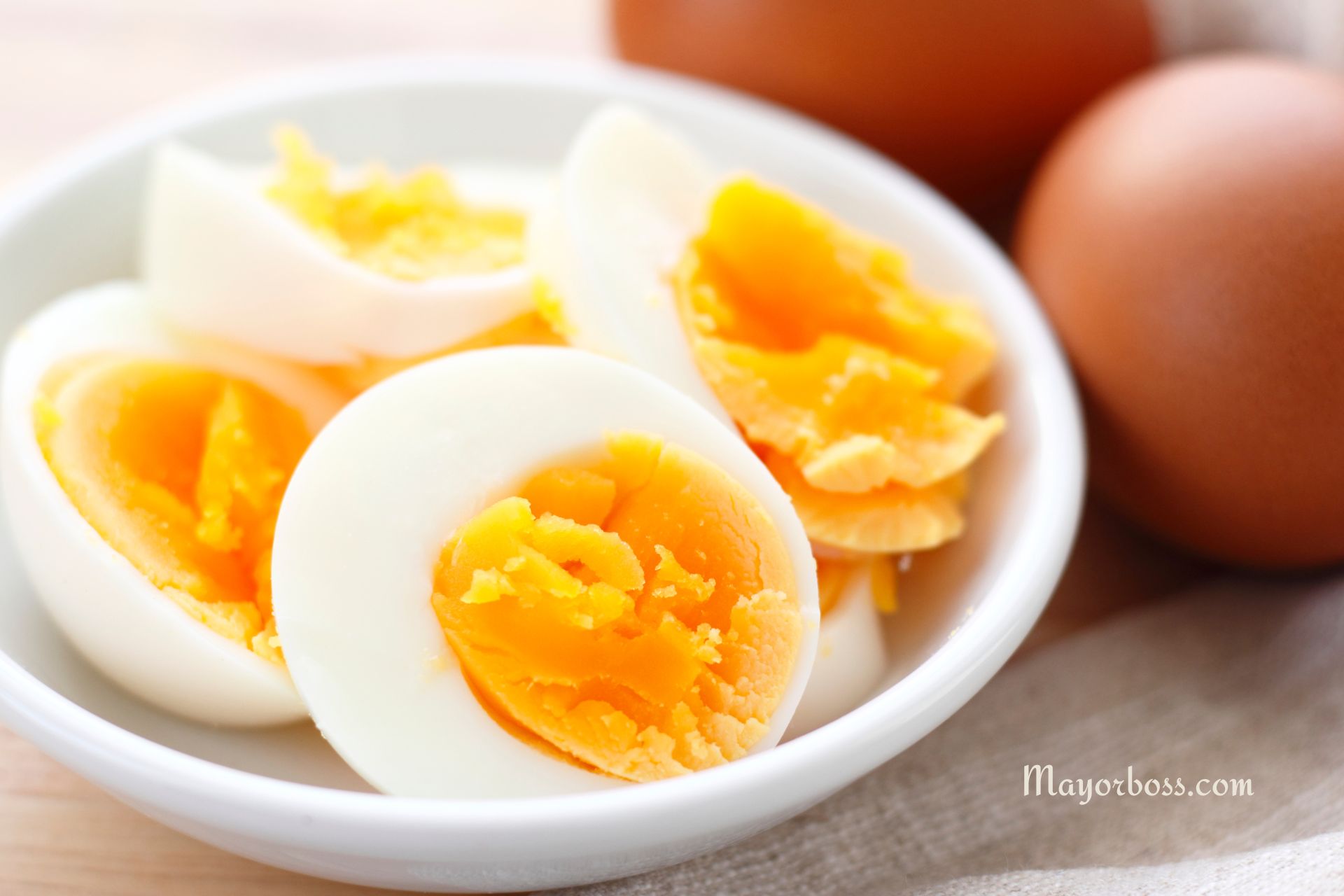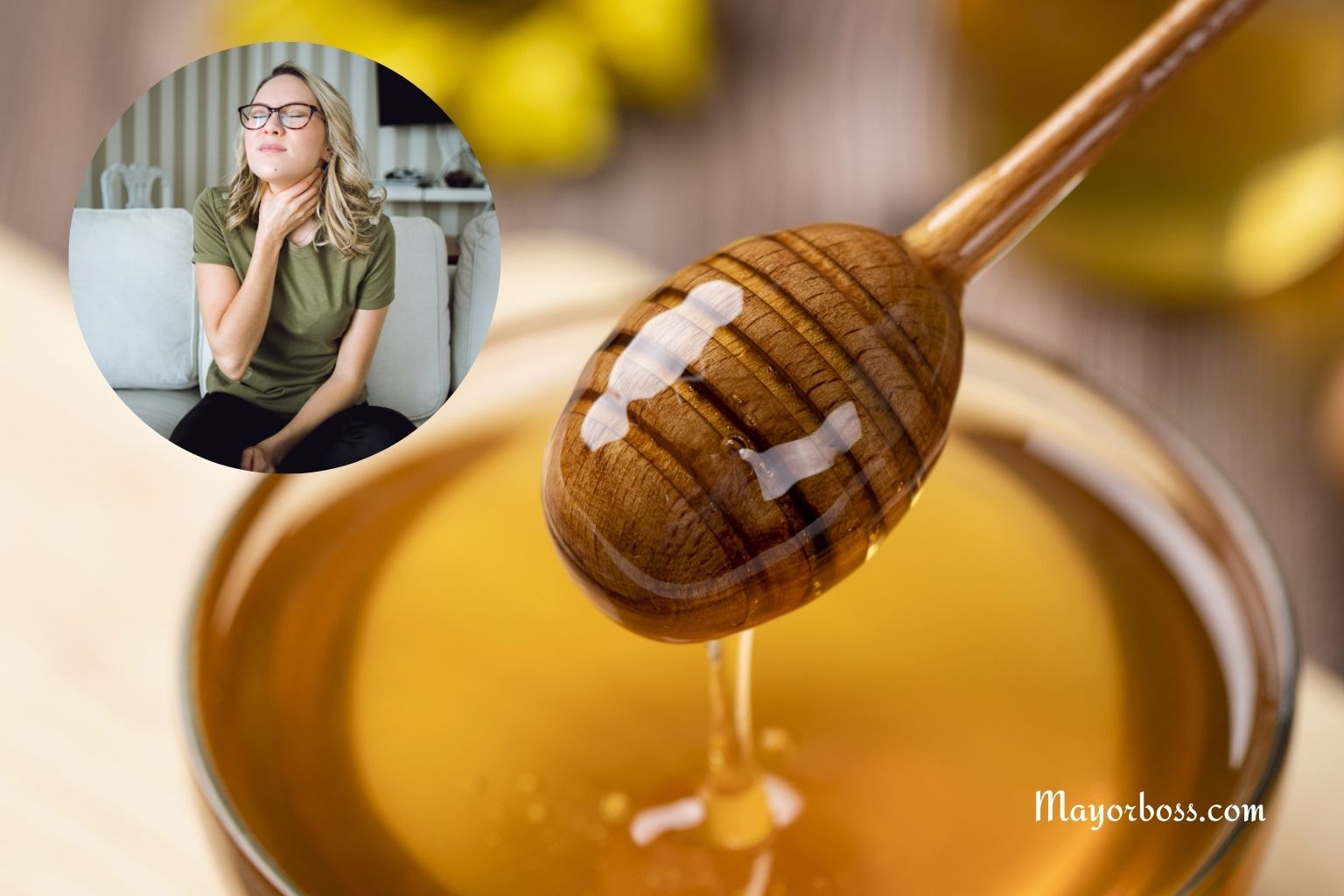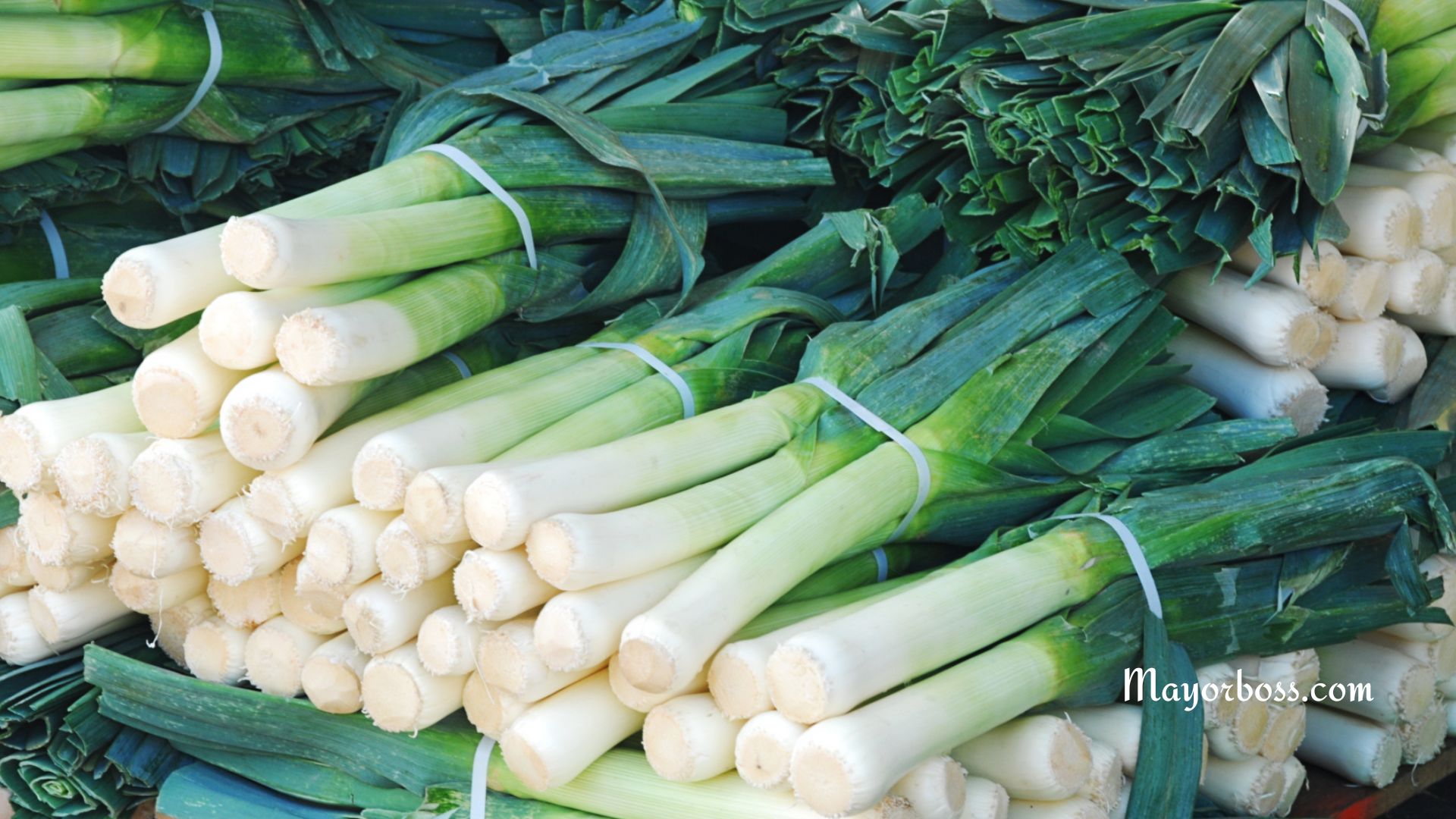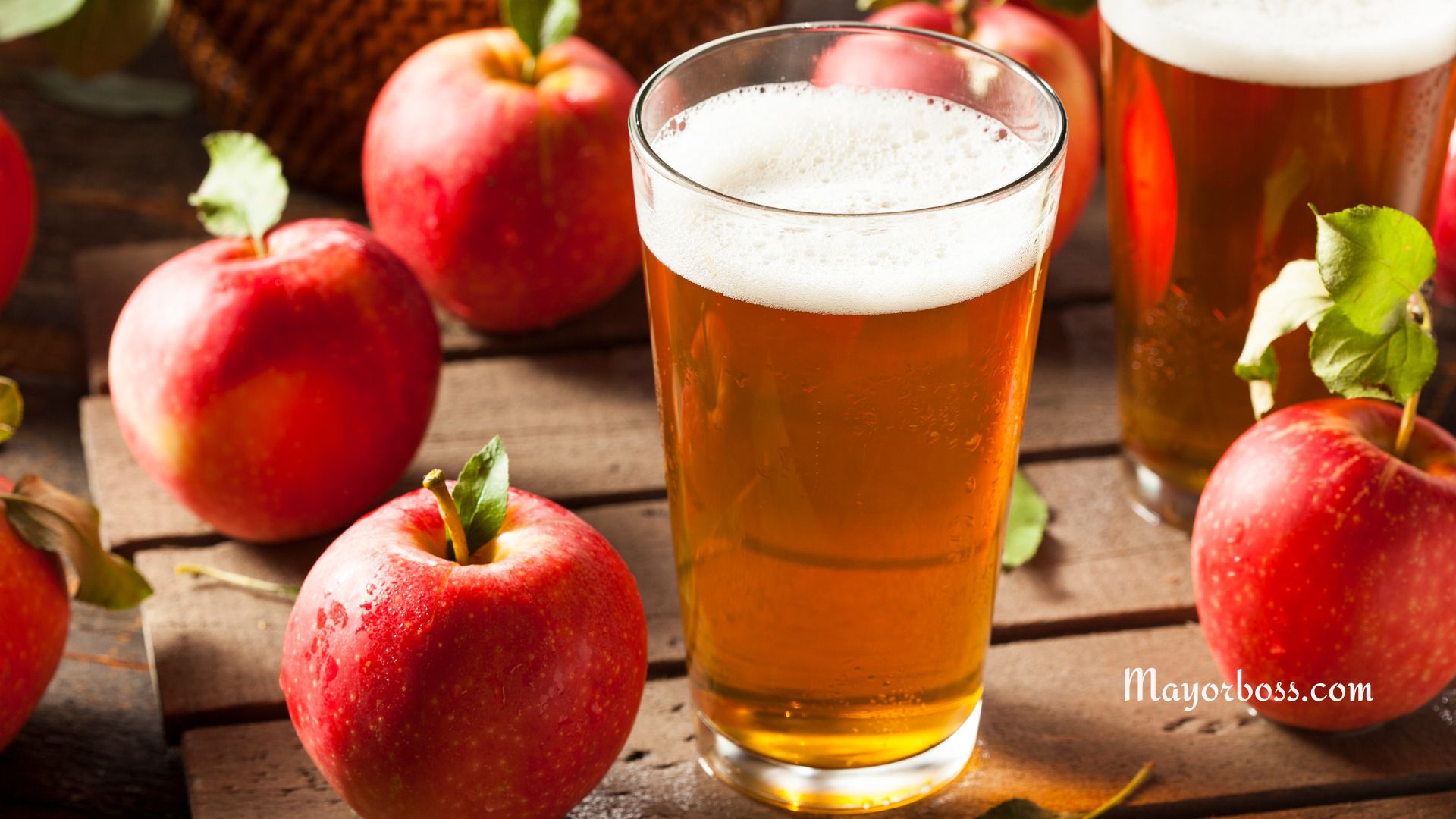Foods Surprisingly Rich in Vitamin K
Why Vitamin K Matters
Vitamin K plays a crucial role in your health—it helps with blood clotting and maintains strong bones. Without enough vitamin K, you might face health challenges like bleeding problems or bone weakness. Now, let’s discover some foods that are surprisingly rich in this essential nutrient.
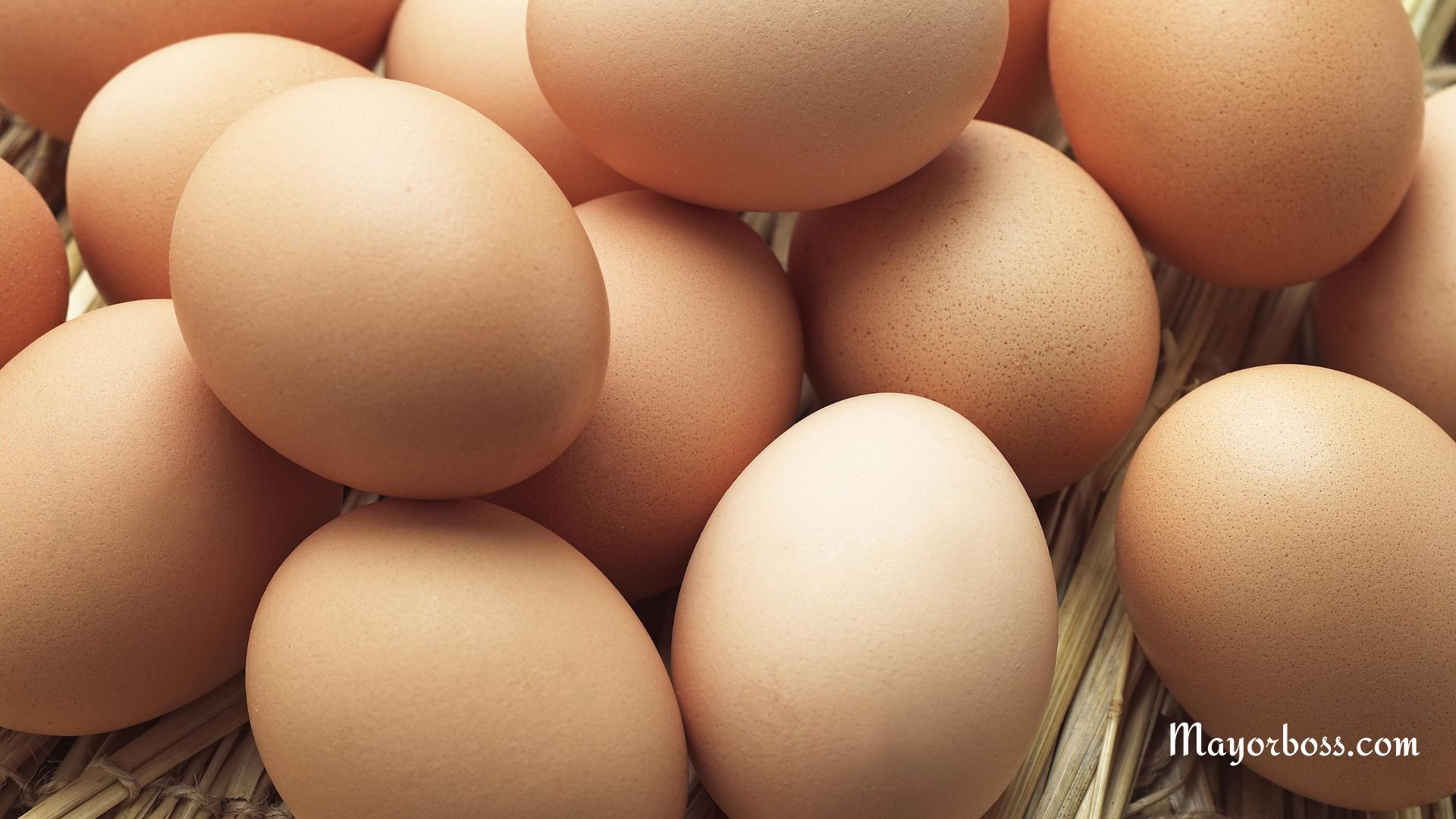
Green Leafy Vegetables
You might already know about kale and spinach, but other greens like collard greens, turnip greens, and mustard greens are also rich in vitamin A. Just one cup of these cooked greens can give you more than the daily recommended amount.
Herbs
Fresh herbs like parsley, dill, and basil are not just flavor enhancers. They are packed with vitamin K. Adding a sprinkle of these herbs to your meal can significantly boost your vitamin K intake.
Veggies Beyond the Leafy Greens
Broccoli and Brussels sprouts are two vegetables that have more to offer than fiber. They’re excellent sources of vitamin K, with a single cup providing a hearty dose. And let’s not forget asparagus, which, aside from being a great side dish, comes with its own share of this vital vitamin.
Fruits
What fruit is high in vitamin K? Fruits aren’t typically recognized for their vitamin K content, but certain fruits like blueberries, grapes, avocado, pomegranate, tomatoes, and figs can contribute to your daily intake. A cup of these can offer a good amount of vitamin K, plus a delicious way to enjoy your nutrients.
Animal Products
Animal products like meat, cheese, and eggs are well known for their protein content, but they also have vitamin K, particularly in the liver and other organ meats. A slice of liver can be a significant source of your daily needs.
Fermented Foods: A Cultured Choice
Fermented foods are gaining popularity and for a good reason. Foods like natto, a traditional Japanese soybean dish, are extremely high in vitamin K2, a form of vitamin K that is particularly good for bone health. Yogurt and kefir also have vitamin K2, along with beneficial probiotics.
Oils
Certain oils, such as soybean and canola oil, are high in vitamin K and can be an easy way to add the nutrient to your diet. Using these oils for cooking or in salad dressings can help you meet your vitamin K goals.
So, if you’re planning your meals, consider these vitamin K-rich foods. Including various foods in your diet can help you maintain good blood clotting and bone health. And since vitamin K is fat-soluble, pairing these foods with healthy fats can improve absorption. Enjoy your meals and know that with each bite, you’re supporting your body’s health in more ways than one.

